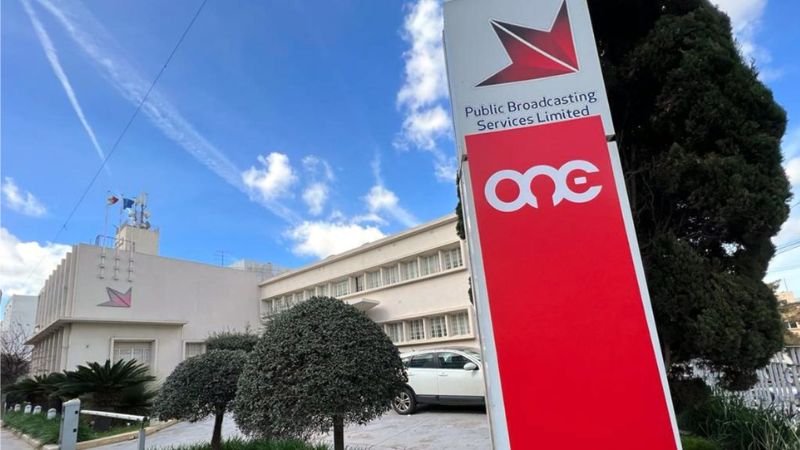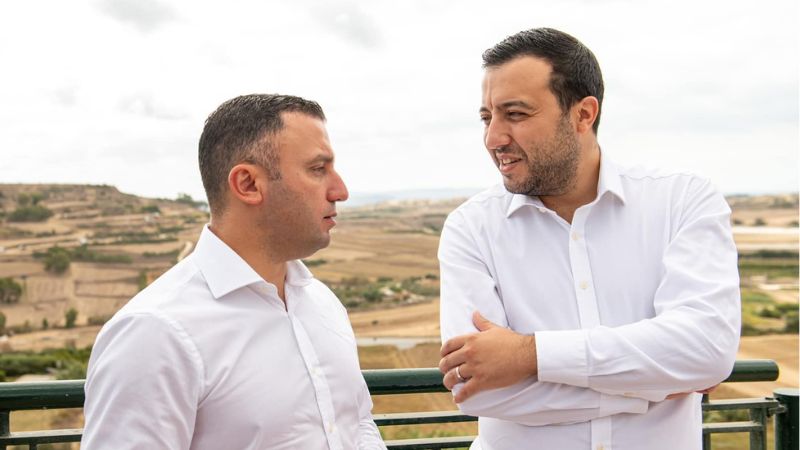PBS has refused to make public information on a recent spate of promotions given to junior staff, citing a reason the courts have already struck down in a similar case.
The Shift asked the state-owned broadcasting company for a copy of the contracts of reporters recently promoted, many of whom worked in government ministries until a few years ago.
PBS Chairman Mark Sammut refused, claiming the information was exempt from Freedom of Information Act.
His stand that the state broadcaster funded by taxpayers is exempt from providing information on decisions has already been turned down by the court in an identical case involving PBS.
When The Shift asked for his contract and information relating to his financial package, he had refused. Yet he lost a challenge in court and was forced to publish the information.
Last January, Sammut promoted several members of the station’s news staff to key positions, pushing out veterans with decades of experience.
The main beneficiaries were Massimo Axisa, a former government spokesman, and Liam Carter, both recruited to the station just a few years ago.
Despite still being in their late 20s, the pair were given an editorial role of deciding what content should appear on TVM news, overruling the experience of seasoned reporters like Ruth Amaira and Mario Micallef.
Sammut also sidelined Maria Muscat, another experienced reporter, by making her responsible for the newsroom’s staff roster, away from any connection to editorial policy.
The interviews for the latest promotions exercise were conducted by Sammut himself and Charles Dalli, an engineer who has never worked inside a newsroom and a former employee of Labour’s ONE TV, without the consultation of the PBS editorial board.
The Shift requested information on these promotions from PBS. Following Sammut’s refusal, the Data Commissioner will now investigate the matter.
The Shift is informed that this latest exercise will cost PBS tens of thousands of euro yearly in increased wages. In the meantime, under Sammut’s direction, PBS is posting massive losses, running into millions of euro.
As for Sammut’s previous attempts to hide his own financial package, when he finally handed it over, it was revealed he was being paid twice – once for his role as executive chairman – effectively a CEO – and another as a board chairman.
This meant that on top of his €100,000 remuneration package as CEO, in 2022, Sammut was also paid another €26,000 to conduct three board meetings.














At just over €1000.00 an hour for board meetings, he must be real good, but just likely a box ticker as most Gahan’s are of a simple ilk but wear suits to impress their contemporaries. A “Crook in a suit” comes to mind.